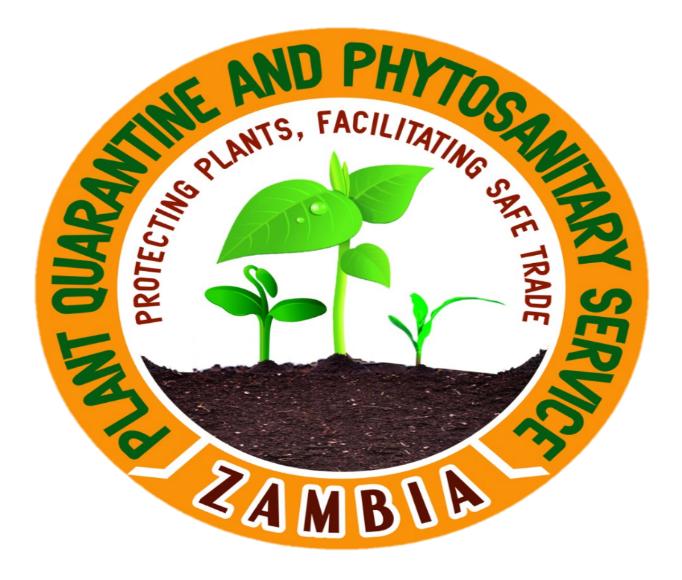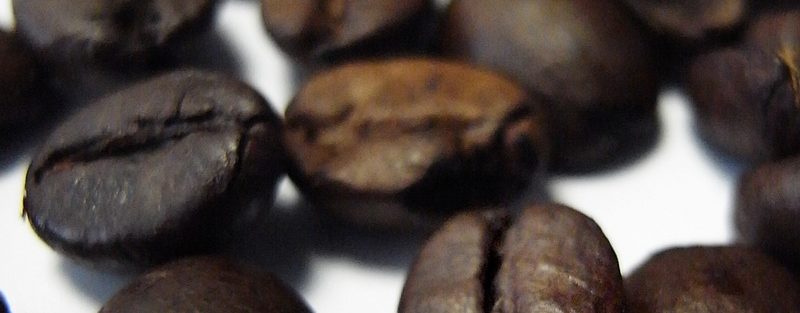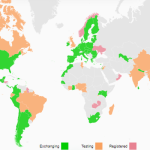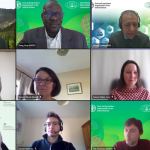Posted on Mon, 21 Mar 2022, 06:50
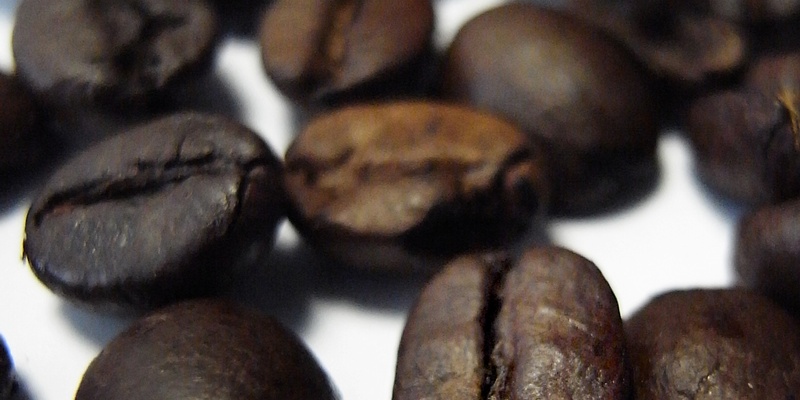
Rome, 25 February 2022. The first ePhyto industry workshop in 2022 kicked off with Colombia and had more than sixty participants in attendance. The participants included representatives from government, the private sector, Trade Associations, as well as members of the IPPC ePhyto Steering Group (ESG).
This is the sixth such workshop in the series of workshops, organized by the ePhyto Industry Advisory Group (IAG) with support from the IPPC Secretariat.
The workshop included a number of presentations on the IPPC ePhyto Solution from the IAG, the IPPC Secretariat, the ESG, and the National Plant Protection Organization (NPPO) of Colombia – Instituto Colombiano Agropecuario (ICA). There was also a presentation from the Global Alliance for Trade Facilitation (GATF) to highlight their project with ICA to help strengthening their phytosanitary risk management procedures and successful implementation of the IPPC ePhyto Solution.
Colombia registered with the IPPC ePhyto Solution in 2018 and in 2020 they began generating their XML test certificates using their own system (SISPAP) to exchange in the ePhyto Hub. Colombia continued to test the system in 2021, but also started live exchanges of certificates. They are exchanging with a number of countries including Argentina and the USA with the goal for paperless exchanges in the near future.
Colombia is also making progress with their digital signatures with the support of GATF to enable exchanges with the EU and there is some ongoing testing with France. They are also working closely with Australia, Brazil, New Zealand, and Guatemala and they want to continue to expand their testing with other NPPOs. The issuance of re-export certificates is in progress and they plan to start issuing them by mid-2022.
In their presentation, ICA highlighted the need to make some adjustments to their import and export procedures and these were based on international standards such as ISPM 12 as well as regional standards. They also noted that a key part of successful implementation was to ensure all users are engaged and comfortable using the system as initial hesitation from users was a challenge during the initial stages of the project.
These workshops aim to facilitate conversations between importers, exporters, trade associations and National Plant Protection Organizations (NPPOs) on the benefits of adopting the IPPC ePhyto Solution. They also help foster relationships between local industry and NPPO’s, as well as initiate discussions on the current status of implementation and how the systems work in that particular country.
The IAG will continue to host similar workshops between NPPOs and industry groups in 2022, with continued support from the IPPC Secretariat with the aim to enhance communication and collaborations between importers, exporters, trade associations and NPPOs on the implementation of the IPPC ePhyto Solution.
The IPPC ePhyto Solution currently has more than 100 registered countries and more than 60 of these are exchanging ePhyto certificates in real-time.
To find out more on the IPPC ePhyto Solution please visit: www.ephytoexchange.org
